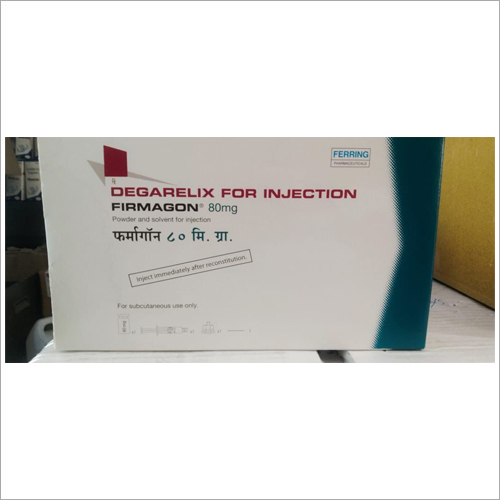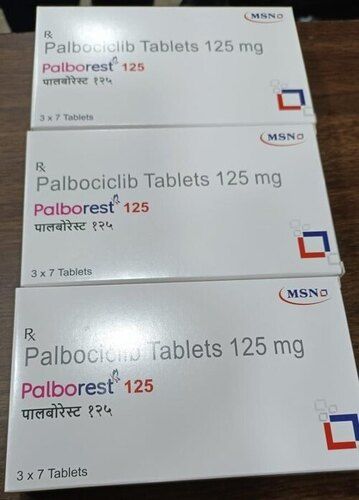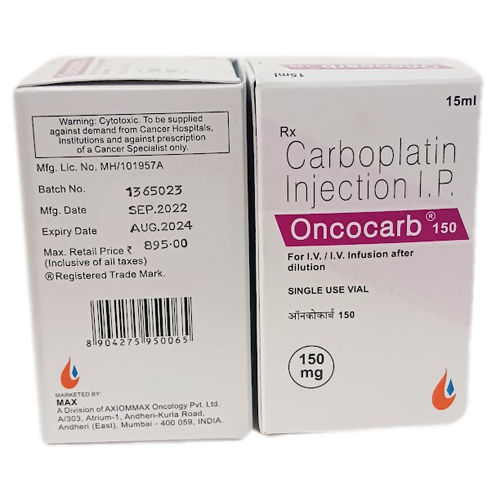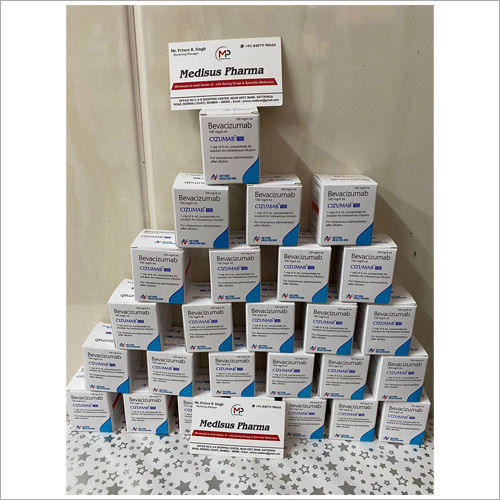Degarelix For Injection
Product Details:
Degarelix For Injection Price And Quantity
- 10 Vial
- 12000 INR/Vial
Degarelix For Injection Trade Information
- 1000 Vial Per Week
- 4 Days
- Asia, Australia, Central America, North America, South America, Eastern Europe, Western Europe, Middle East, Africa
- Manipur, West Bengal, West India, Rajasthan, Meghalaya, Karnataka, Haryana, Nagaland, Telangana, Madhya Pradesh, Kerala, Chhattisgarh, Assam, Odisha, Dadra and Nagar Haveli, Bihar, Uttar Pradesh, Jharkhand, Central India, Himachal Pradesh, Uttarakhand, Lakshadweep, North India, Arunachal Pradesh, Gujarat, Punjab, Maharashtra, Sikkim, Andaman and Nicobar Islands, Tamil Nadu, East India, South India, , Daman and Diu, Chandigarh, Delhi, Goa, Mizoram, Jammu and Kashmir, Andhra Pradesh, Tripura, Pondicherry, All India
Product Description
Degarelix is a medication used in the treatment of advanced prostate cancer. It is available in the form of a powder for injection. Degarelix works by blocking the action of gonadotropin-releasing hormone (GnRH), which in turn reduces the production of testosterone, a hormone that fuels the growth of prostate cancer cells. Here are some key points about Degarelix:
1. Indication Degarelix is indicated for the treatment of advanced prostate cancer, particularly in cases where hormonal therapy (androgen deprivation therapy or ADT) is needed.
2. Mechanism of Action Degarelix is a gonadotropin-releasing hormone (GnRH) antagonist. It works by binding to and blocking the GnRH receptors in the pituitary gland, which inhibits the secretion of luteinizing hormone (LH) and follicle-stimulating hormone (FSH). This leads to a rapid reduction in the production of testosterone by the testes.
3. Dosage Degarelix is typically administered as a subcutaneous injection (under the skin). The standard starting dose for Degarelix is usually 240 mg (two injections of 120 mg each) given as two separate injections into the abdominal wall. After the initial loading dose, maintenance doses of 80 mg are administered monthly.
4. Side Effects Common side effects of Degarelix may include injection site reactions (such as pain, swelling, or redness), hot flashes, fatigue, headache, constipation, diarrhea, and decreased libido. In rare cases, Degarelix may cause allergic reactions or serious cardiovascular events.
5. Monitoring Patients receiving Degarelix therapy should be monitored regularly by a healthcare professional to assess treatment response and manage any side effects or complications. Monitoring may include regular assessments of prostate-specific antigen (PSA) levels and testosterone levels.
6. Contraindications Degarelix is contraindicated in patients with known hypersensitivity to the drug or any of its components. It should also be used with caution in patients with a history of cardiovascular disease or other significant medical conditions.
Degarelix is an important treatment option for patients with advanced prostate cancer, and its use should be guided by a healthcare professional experienced in the management of prostate cancer. As with any medication, it's important to discuss the potential benefits and risks of Degarelix with a healthcare provider before starting treatment.
Mechanism of Action
Degarelix functions as a GnRH antagonist, effectively reducing testosterone levels in the body. Lower testosterone can assist in slowing the growth of prostate cancer. The medication acts quickly and is often chosen for its rapid onset compared to other hormonal therapies.
Proper Administration and Dosage
This injection is typically administered by a trained healthcare provider. The standard dosage is 80mg, but it may vary depending on individual patient needs and physician recommendations. Strictly follow the prescribed schedule and dosage for maximum therapeutic benefit.
Storage and Handling Guidelines
For optimal performance, Degarelix For Injection should always be stored in a cool and dry place. Proper storage ensures the stability and effectiveness of the medication. Consult your supplier or pharmacist for any additional handling instructions.
FAQs of Degarelix For Injection:
Q: How should Degarelix For Injection be used?
A: Degarelix For Injection should be administered only by a qualified healthcare professional, following your physicians prescribed dosage and schedule. Self-administration is not recommended unless explicitly instructed by a doctor.Q: What is the recommended dosage for Degarelix For Injection?
A: The usual dosage is 80mg, but the exact amount and frequency are determined by your physician based on your individual health condition and response to treatment.Q: When should Degarelix For Injection doses be taken?
A: The timing and intervals of the injection are decided by your treating physician. Regular appointments are necessary to ensure proper treatment continuity and monitoring.Q: Where should I store Degarelix For Injection to maintain its quality?
A: Store Degarelix For Injection in a cool, dry place away from direct sunlight and moisture. Do not freeze, and keep out of reach of children.Q: What is the process for obtaining Degarelix For Injection in India?
A: You can procure Degarelix For Injection through registered dealers, distributors, exporters, manufacturers, retailers, suppliers, traders, or wholesalers across India. Ensure you purchase from a reputable source with a valid prescription.Q: What are the main benefits of using Degarelix For Injection?
A: Degarelix helps manage advanced prostate cancer by rapidly lowering testosterone levels, thereby slowing disease progression and helping to control symptoms.Q: Can Degarelix For Injection be used with other treatments?
A: Your physician will determine if Degarelix needs to be combined with other medications or therapies based on your treatment plan. Always consult your healthcare provider before making any changes to your regimen.
Price:
- 50
- 100
- 200
- 250
- 500
- 1000+







 Contact Us
Contact Us Call Me Free
Call Me Free
